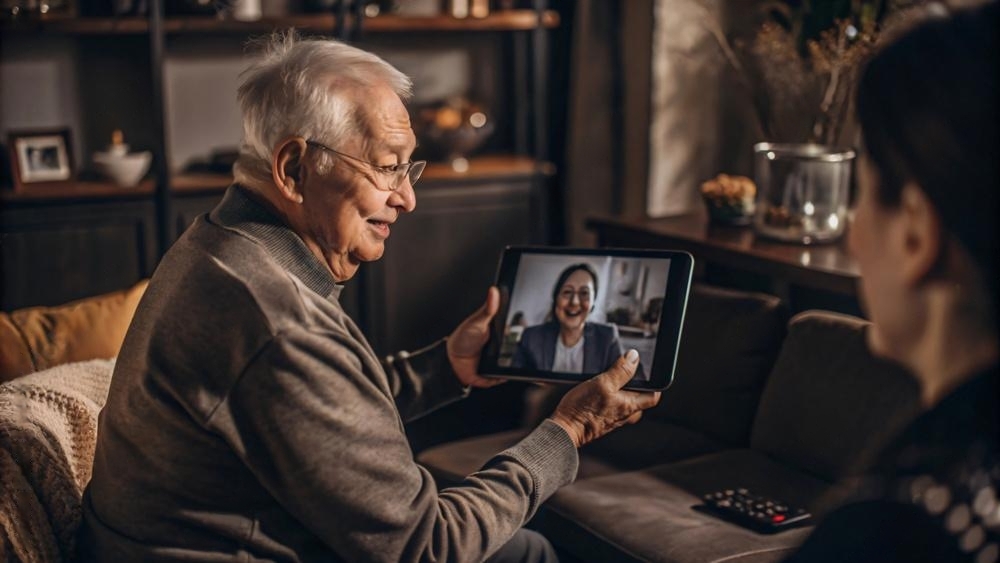Clear and effective communication is essential in elder care. It ensures that the needs and preferences of elderly individuals are understood and met, facilitates smooth transitions between care settings, and fosters strong relationships among caregivers, family members, and healthcare providers. This blog post explores the importance of communication in elder care and provides strategies for improving communication practices.
Why Communication Matters in Elder Care
- Understanding Needs and Preferences: Effective communication helps caregivers understand the specific needs, preferences, and concerns of elderly individuals, leading to more personalized care.
- Facilitating Transitions: Clear communication is crucial for managing transitions, whether moving to a new care setting or adjusting care plans, ensuring that all parties are informed and prepared.
- Building Trust and Relationships: Open and honest communication fosters trust between caregivers, family members, and seniors, creating a supportive and collaborative care environment.
- Addressing Concerns and Issues: Regular communication helps identify and resolve any issues or concerns promptly, preventing misunderstandings and ensuring that care remains effective.
Strategies for Effective Communication
1. Active Listening
- Give Full Attention: Focus fully on the speaker without interrupting. Show empathy and understanding through body language and verbal responses.
- Clarify and Confirm: Ask questions and summarize what has been said to ensure that you have accurately understood the message.
2. Clear and Concise Information
- Use Simple Language: Avoid medical jargon or complex terms when communicating with elderly individuals and their families. Use clear and straightforward language.
- Provide Written Information: Supplement verbal communication with written materials that can be reviewed and referred to later, such as care plans or instructions.
3. Regular Updates
- Schedule Regular Check-Ins: Arrange frequent meetings or calls to provide updates on care, discuss any changes, and address any questions or concerns.
- Document Conversations: Keep detailed records of important communications, decisions, and changes to ensure that all parties are informed and on the same page.
4. Involving All Relevant Parties
- Engage Family Members: Include family members in discussions about care plans, transitions, and any changes to ensure that their perspectives and concerns are considered.
- Collaborate with Healthcare Providers: Maintain open communication with healthcare professionals to coordinate care, share updates, and address any medical concerns.
5. Emotional Support and Sensitivity
- Acknowledge Emotions: Recognize and validate the emotions and concerns of elderly individuals and their families. Offer support and reassurance during challenging times.
- Be Patient and Compassionate: Approach conversations with patience and compassion, especially when discussing difficult topics or making significant changes.
Resources for Improving Communication
- Communication Training Programs: Enroll in courses or workshops that focus on improving communication skills in caregiving.
- Support Groups: Join caregiver support groups where you can share experiences and learn from others.
- Educational Materials: Utilize books and online resources that offer tips and strategies for effective communication in elder care.
Effective communication is vital for providing high-quality elder care and managing transitions smoothly. By practicing active listening, using clear and concise language, scheduling regular updates, involving all relevant parties, and providing emotional support, caregivers can enhance the care experience and build strong, supportive relationships. Prioritizing communication leads to better outcomes and a more positive caregiving journey for everyone involved.










